With over half of the world’s population living in urban areas at the moment, and additional 2.5 billion people joining them in the next few decades*, we’re at the verge of a sea change in urban life.
One of the ways to make sure that existing city infrastructures can deal with all these new groups of citizens is by actively developing tools to boost the capacity of cities. Making cities smarter as a way to ease urban life, is the ideal way to do this.
Around the world cities are investing heavily in technology that boosts financial inclusion and makes city life more pleasant and efficient. Here are some smart city projects that are especially impressive and are actually changing lives.
1. Jakarta’s Warung Pintar
Warung Pintar in Jakarta is truly fostering financial inclusion and is a typical example of: traditional culture meets modern technology. Its vision is to create an economic revolution in the middle and lower classes through a technological development of the traditional micro-businesses, providing “better, smarter and, sustainable entrepreneurial opportunities.”
How? By providing street vendors with smart stalls (a digital POS, free Wifi for customers, an LCD screen for displays, power bank chargers and more). This way vendors benefit from cashless payments and other advantages of connectedness.
Warung Pintar upgrades the warungs based on three pillars:
- Internet of Things,
- Big Data Analytics
- Blockchain.
It equips the kiosks with technology such as a digital cash desk, charging station, TV and WiFi. The cashless payments services doesn’t not only make it easier for vendors to get a better idea of their cashless situation – it also makes the stalls safer and securer, preventing robberies amongst others.
Then there’s the loyalty programme that ensures a steady and recurring user base.
Over 1000 stalls in Jakarta are currently connected to the service and they’re expanding into other cities in Indonesia.
2. Dubai Now
55 smart services, 24 participating government and private entities and 300,000 users – in 2015, the Smart Dubai Government Establishment (SDG) launched Dubai Now, a platform which gives Dubai citizens access to dozens of smart services provided by several government and private entities. It contributes to the vision of the Dubai government:
- Make the cities services more efficient and seamless
- Create the smartest and happiest city in the world
The 300,000 users on the platform are using Dubai Now to track their flights, pay their utility bills, arrange transport services, buy parking tickets, and more.
The platform also makes it easier for citizens to stay healthy, displaying all the qualified medical specialists, pharmacies, vaccination plans and more. Furthermore, the platform helps to keep citizens safe, as there’s a function to share photos of criminal activity with authorities. And there’s a service on the app that provides information about court cases . The Dubai data portal also aggregates data and provides open APIs to encourage innovation by third parties.
3. Barcelona Digital City
Not only Dubai seeks to become the smartest and happiest city in the world. Barcelona’s city council is also prioritizing happiness and efficiency using the power of technology, the Internet of Things, AI, and more. Via the Barcelona Digital City initiative, the city is digitally transforming the city, the government, business life and the social sector.
Barcelona is improving civil services and developing a City Data Infrastructure, a transformation that is materialized in the form of the DEcentralized Citizens Owned Data Ecosystem (DECODE) project. The project was funded by the EU for €5m. Because the system is open source and open access, the citizens are the owners of the data. Citizens can decide for themselves which data they are willing to share with the system, thereby maintaining their data sovereignty. It is fully compliant with the European GDPR regulation.
There are currently over 400 datasets in the system, containing information about administration, economy and business, population, territory and urban environment. Because of the open access, parties can appeal for consent to jointly develop relevant add on services.
What’s also worth mentioning is Barcelona’s ‘Sentilo’, a system of measuring data points on 150,000 lamp posts, 40,000 garbage containers and 80,000 parking spots which provides open access data about energy use, noise levels, garbage disposal, meteo data, parking spots, air quality, water usage, bicycle flow, people and vehicle flow.
These are just a few examples of cities that are actually making the lives of their citizens better by investing heavily in technology.
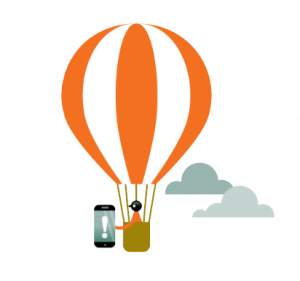 Curious to learn more about other smart city projects, and how they are changing lives? In our latest report we zoom in on more of these kinds of projects around the world.
Curious to learn more about other smart city projects, and how they are changing lives? In our latest report we zoom in on more of these kinds of projects around the world.

* source: UN Department of Economic and Social Affairs
.jpg)
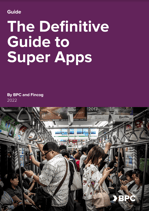
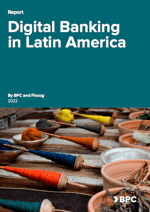
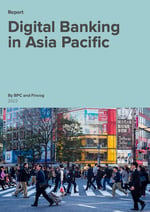
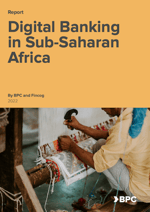
 Curious to learn more about other smart city projects, and how they are changing lives? In our latest report we zoom in on more of these kinds of projects around the world.
Curious to learn more about other smart city projects, and how they are changing lives? In our latest report we zoom in on more of these kinds of projects around the world. 